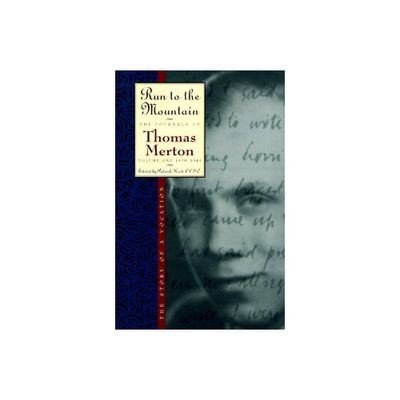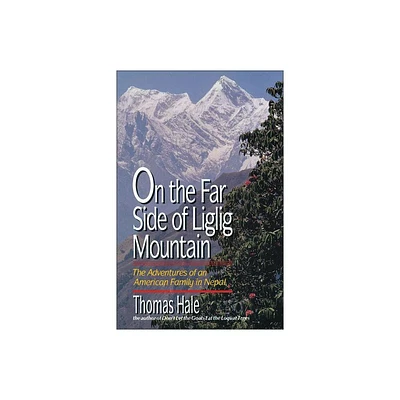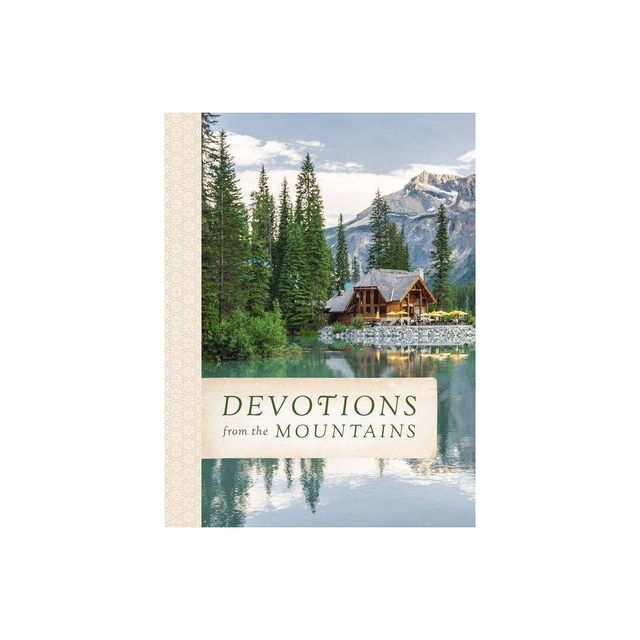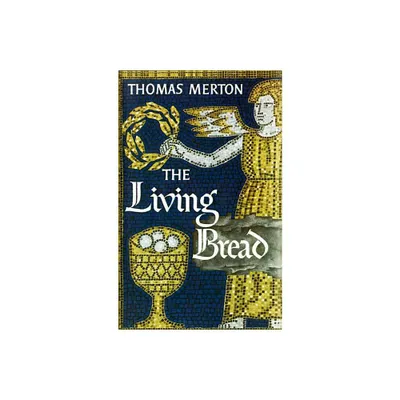Home
Thomas Larcher: The Living Mountain
Loading Inventory...
Barnes and Noble
Thomas Larcher: The Living Mountain
Current price: $19.99


Barnes and Noble
Thomas Larcher: The Living Mountain
Current price: $19.99
Loading Inventory...
Size: OS
*Product Information may vary - to confirm product availability, pricing, and additional information please contact Barnes and Noble
Composer
Thomas Larcher
has now been championed by the
ECM
label and virtuoso producer
Manfred Eicher
to the tune of four albums, and much of what
Eicher
has promoted in this way has gone on to obtain a listenership that is influential, if not necessarily wide. One can see, perhaps, what attracted him to this music.
Larcher
, writes
Stephen Eddins
of Allmusic, "developed a style that unselfconsciously acknowledges and brings together the most rigorous aspects of Darmstadt-style modernism with elements of the new simplicity and holy minimalism," and the works here blend considerable complexity with a limpid surface, giving the listener the feeling of having a clear view of mysterious events. There are two song cycles,
one for baritone and piano
, and
one for soprano and chamber orchestra, with piano and accordion
, plus a concerto of sorts called
Ouroboros for cello and chamber orchestra
featuring the well-known cellist
Alisa Weilerstein
. The
title orchestral cycle
is in English with a text by
Nan Shepherd
's composition was actually reproduced in score in a book of photography by
Awoiska van der Molen
, also featuring the texts. "In September dawns I hardly breathe -- I am an image in a ball of glass. The world is suspended there, and I in it,"
Shepherd
writes, and it would be hard to imagine a text better suited to
's modernist but often static style. He also does well in text selection with the cycle
Unerzählt
("
Untold
"), with poems by the notoriously gnomic and compact
W.G. Sebald
matching
's Cagean prepared piano techniques. All the singers are very strong, but baritone
Andrè Schuen
is a standout here. One may not be able to reduce the significance of these works easily to words, but the whole thing is engrossing as it goes by, and needless to say,
's studio sound is ideal. An intriguing
release. ~ James Manheim
Thomas Larcher
has now been championed by the
ECM
label and virtuoso producer
Manfred Eicher
to the tune of four albums, and much of what
Eicher
has promoted in this way has gone on to obtain a listenership that is influential, if not necessarily wide. One can see, perhaps, what attracted him to this music.
Larcher
, writes
Stephen Eddins
of Allmusic, "developed a style that unselfconsciously acknowledges and brings together the most rigorous aspects of Darmstadt-style modernism with elements of the new simplicity and holy minimalism," and the works here blend considerable complexity with a limpid surface, giving the listener the feeling of having a clear view of mysterious events. There are two song cycles,
one for baritone and piano
, and
one for soprano and chamber orchestra, with piano and accordion
, plus a concerto of sorts called
Ouroboros for cello and chamber orchestra
featuring the well-known cellist
Alisa Weilerstein
. The
title orchestral cycle
is in English with a text by
Nan Shepherd
's composition was actually reproduced in score in a book of photography by
Awoiska van der Molen
, also featuring the texts. "In September dawns I hardly breathe -- I am an image in a ball of glass. The world is suspended there, and I in it,"
Shepherd
writes, and it would be hard to imagine a text better suited to
's modernist but often static style. He also does well in text selection with the cycle
Unerzählt
("
Untold
"), with poems by the notoriously gnomic and compact
W.G. Sebald
matching
's Cagean prepared piano techniques. All the singers are very strong, but baritone
Andrè Schuen
is a standout here. One may not be able to reduce the significance of these works easily to words, but the whole thing is engrossing as it goes by, and needless to say,
's studio sound is ideal. An intriguing
release. ~ James Manheim


















